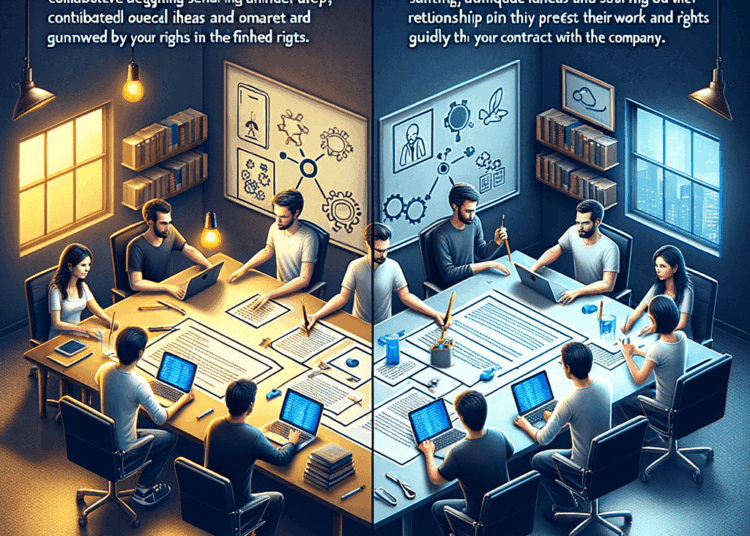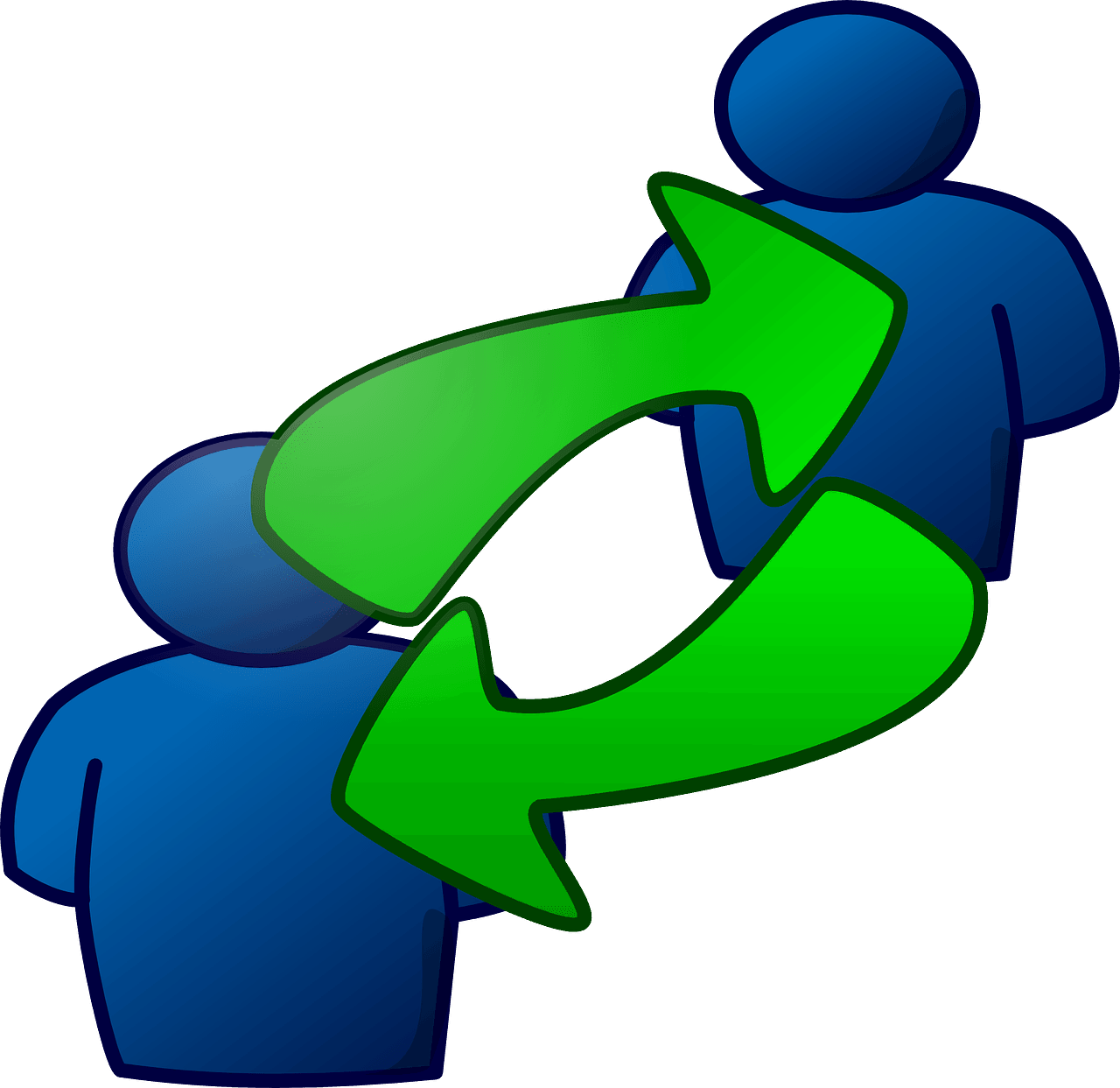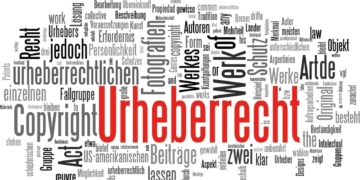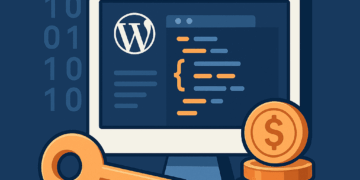When building an app or software, it’s often the case that a creative mind with a brilliant idea works alongside a technically savvy developer who brings that idea to life. In such situations, legal issues may arise, especially with respect to intellectual property and rights to the product created. Today we take a look at two important legal concepts in this area: co-authorship and the agency relationship. In a current mandate, I am currently encountering the fine distinctions between co-authorship and contractual relationship – a distinction that can have far-reaching legal consequences.
Co-authorship
Co-authorship occurs when two or more persons jointly create a work. In the context of software or apps, this could mean that the person who came up with the idea and the person who writes the computer code are considered co-authors of the product.
According to §8 of the Copyright Act (UrhG), joint authorship arises if the work represents an inseparable combination of independent contributions by several authors. According to case law, this is the case if the contributions of the co-authors are essential to the overall work and are interdependent (BGH, judgment of June 8, 1995, ref.: I ZR 218/92).
Co-authorship implies equal partnership. In many legal systems, all co-authors have equal rights and obligations, and none of them can sell, license, or otherwise use the work without the consent of the others. In addition, the co-authors usually also share the income from the sale or licensing of the work.
Order relationship
A contractual relationship arises when a person (the principal) commissions another person (the contractor) to create a certain work. In this scenario, the client is usually the sole owner of the rights to the work created.
According to §43 UrhG, the author of the work is basically the creator, i.e. the person who created the work. However, according to §43 para. 2 UrhG, it may be agreed that the client becomes the owner of the rights of use. Case law clarifies that this is the normal case of a contractual relationship (BGH, judgment of May 9, 1985, Ref.: I ZR 112/83).
So if a person has an idea for an app and hires a software developer to create it, the client would generally own all rights to the app. The developer, even if he physically created the product, would not be entitled to any ownership rights or profit sharing unless expressly agreed in the contract.
Key differences
The central differences between co-authorship and contractual relationship lie in the rights and obligations of the parties involved.
In the case of joint authorship, all parties have ownership rights to the created work and must cooperate in decisions regarding the use of the work (§8 UrhG). This can lead to complications, especially if the parties disagree, but it also provides protection and potential revenue streams for all parties.
In the case of a contractual relationship, the client holds all rights to the created work (§43 UrhG). The contractor generally receives an agreed payment for its services, but has no further claims beyond that.
Conclusion
It becomes clear that the subtle differences between co-authorship and contractual relationship have very different legal consequences and that the precise formulation of these relationships is therefore of crucial importance. When collaborating on the development of a software or app, it is therefore essential to analyze and record in writing the details of the collaboration and the exact activities of the parties involved.
Whether the relationship is one of co-authorship or commission can have far-reaching implications for ownership and control over the finished product, as well as for the distribution of the resulting revenue. Therefore, it is advisable to seek legal advice to ensure that all parties understand their rights and obligations and to avoid future conflicts. Because in the world of software and app development, the right legal decisions can make the difference between success and failure.

























